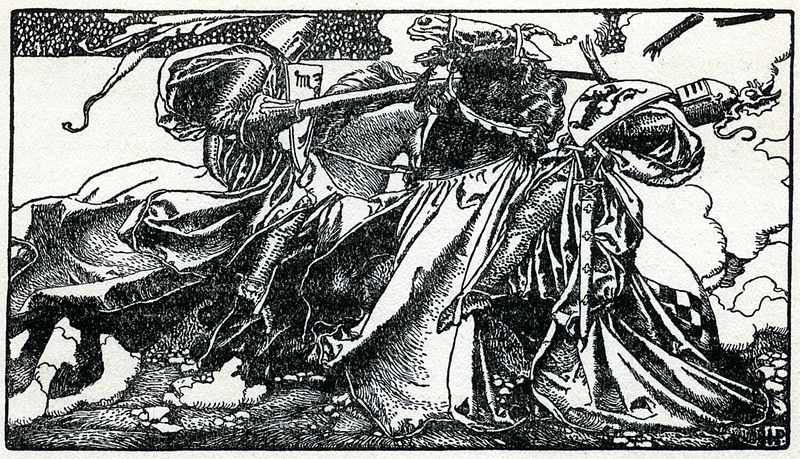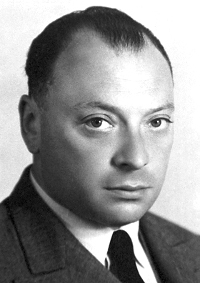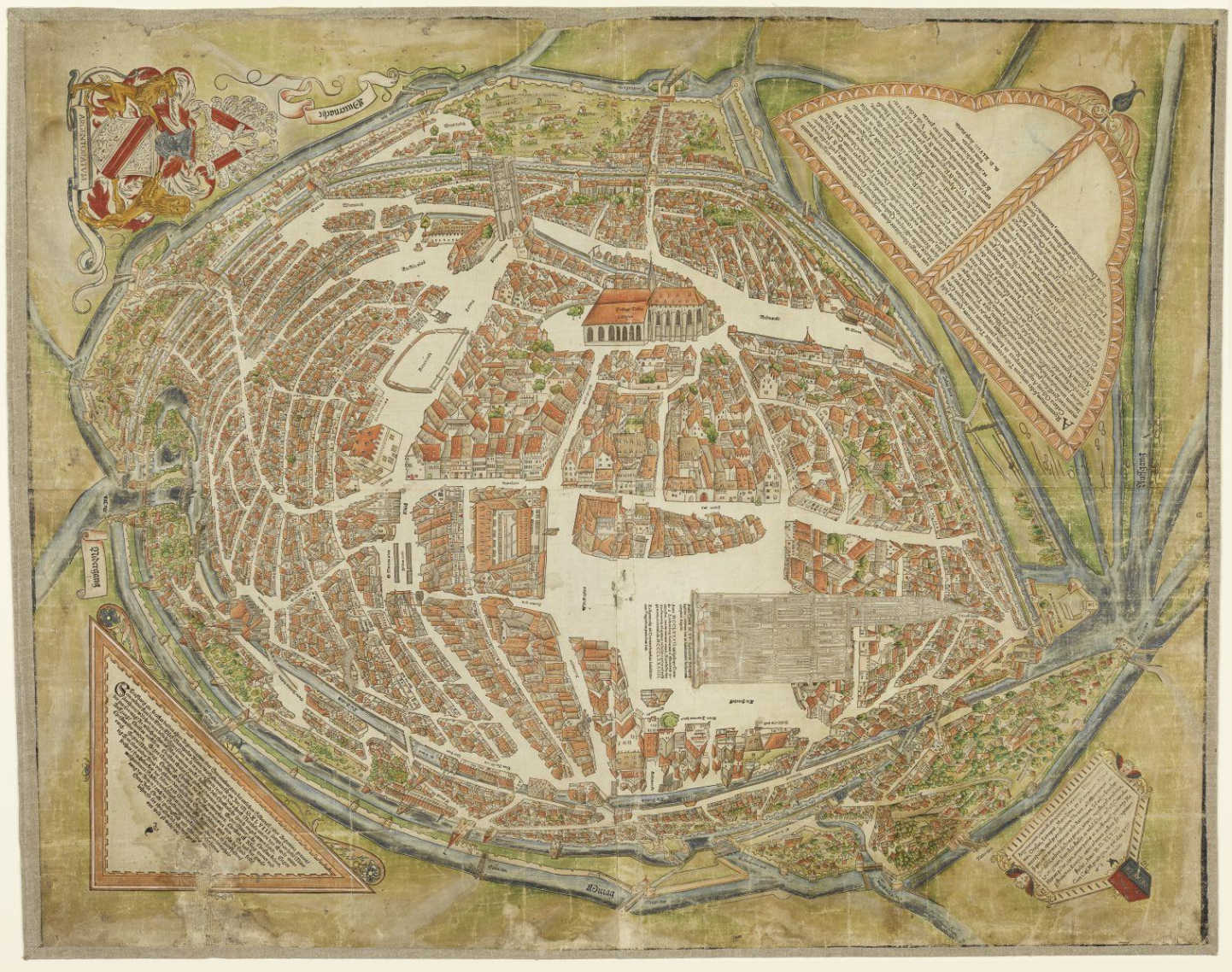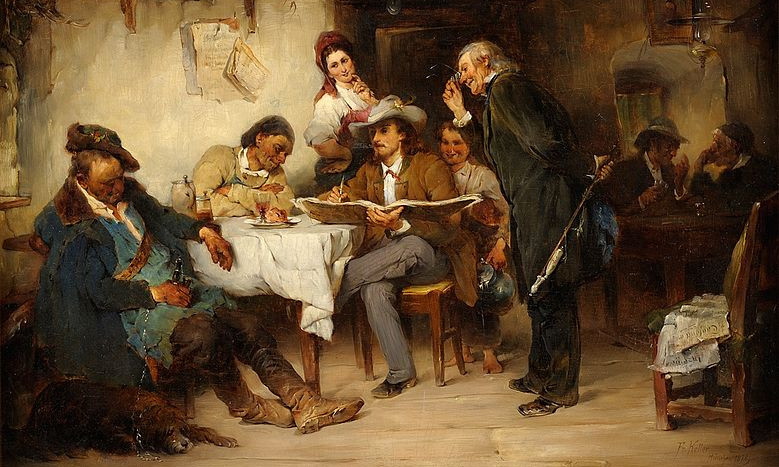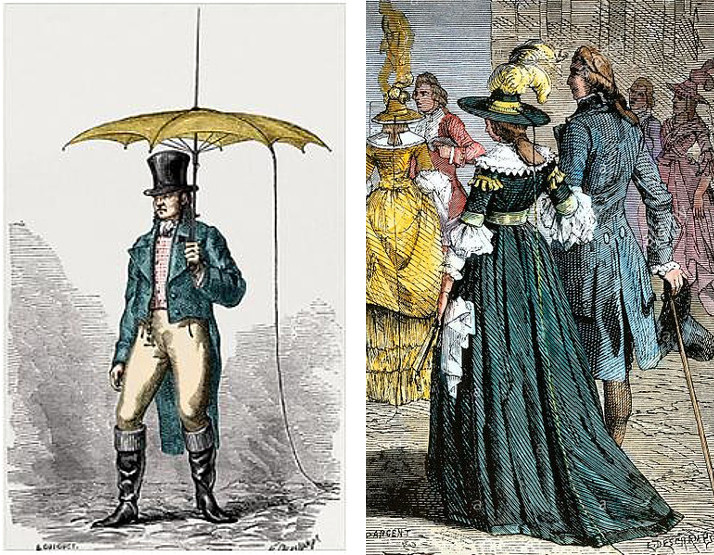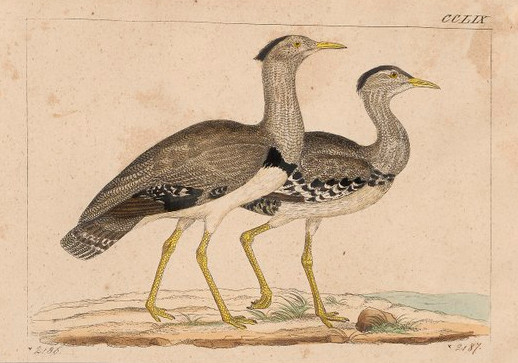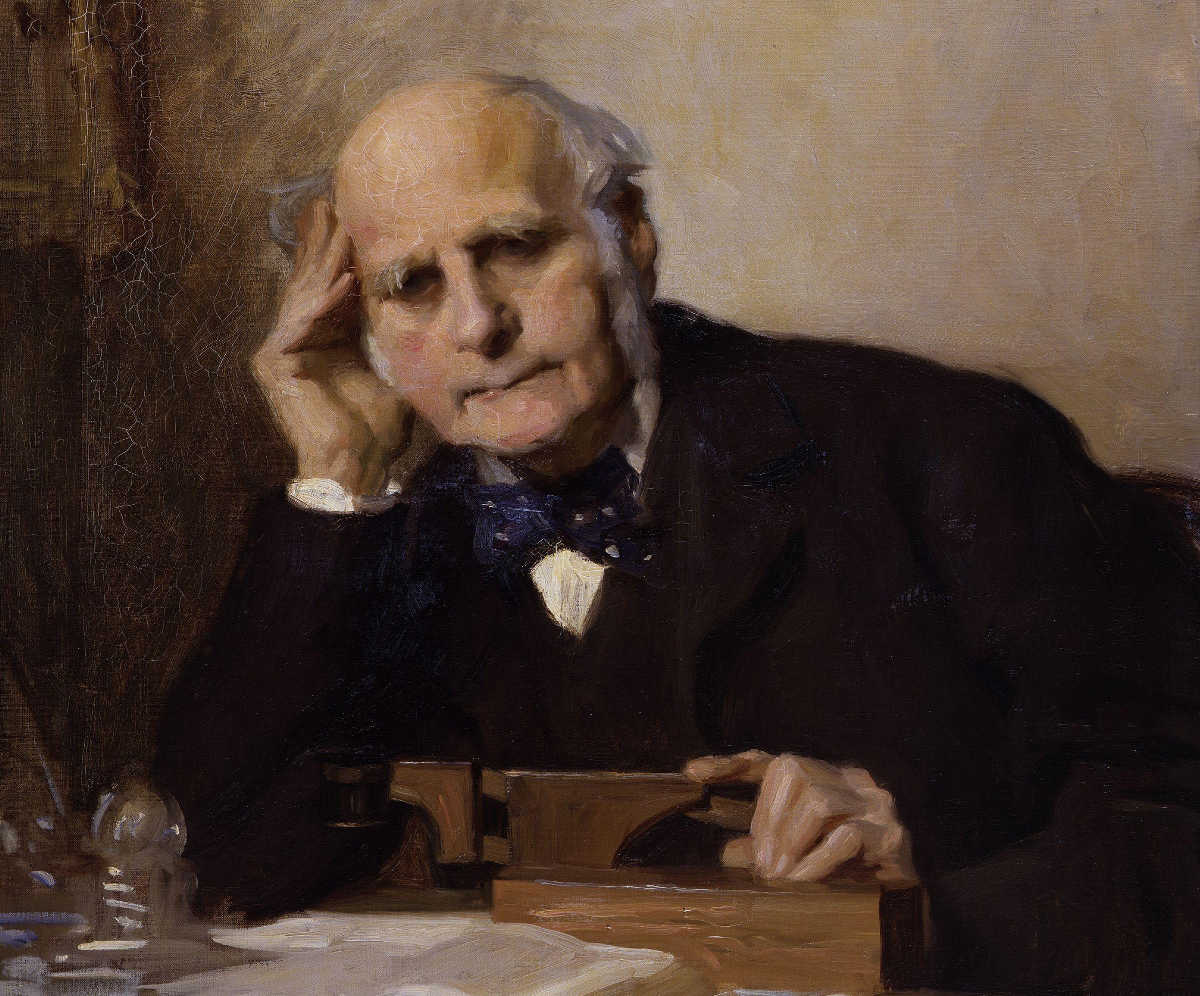
In 1894 Francis Galton experimented with conducting addition and subtraction by smell. He designed an apparatus that would produce whiffs of scented air and then memorized their combinations: “I taught myself to associate two whiffs of peppermint with one whiff of camphor; three of peppermint with one of carbolic acid, and so on.”
After practicing sums using the scents themselves, he moved on to doing them entirely in his imagination. “There was not the slightest difficulty in banishing all visual and auditory images from the mind, leaving nothing in the consciousness besides real or imaginary scents. In this way, without, it is true, becoming very apt at the process, I convinced myself of the possibility of doing sums in simple addition with considerable speed and accuracy solely by means of imaginary scents.”
He had similar success with subtraction, but didn’t try multiplication. And some further experiments seemed to show that “arithmetic by taste was as feasible as arithmetic by smell.”
(Francis Galton, “Arithmetic by Smell,” Psychological Review 1:1 [January 1894], 61-62.)


